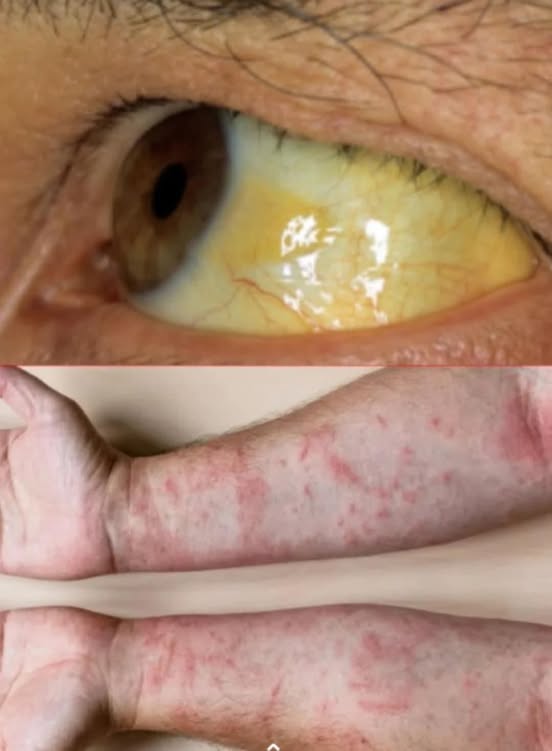
Definitely! Your eyes can reveal a lot about your overall health, and there are several symptoms that might indicate underlying health issues. Here are some examples:
Buy vitamins and supplements
-
- Yellowing of the Eyes: If the whites of your eyes (sclera) turn yellow, it could be a sign of jaundice, which may indicate liver problems, bile duct issues, or hemolysis (breakdown of red blood cells).
- Red or Bloodshot Eyes: This can be caused by a variety of factors, including allergies, irritation, or infections like conjunctivitis. It can also indicate more serious conditions like glaucoma.
- Dry Eyes: Persistent dryness can be a symptom of conditions like Sjögren’s syndrome or can be caused by environmental factors, prolonged screen time, or certain medications.
- Puffy Eyes or Dark Circles: These can be linked to lack of sleep, allergies, or fluid retention. In some cases, they may indicate more serious health issues like kidney problems.
- Changes in Vision: Sudden changes in vision, such as blurriness, double vision, or loss of vision, can be a sign of serious conditions like diabetes, hypertension, or retinal detachment.
- Floaters and Flashing Lights: Seeing floaters or flashes of light can indicate changes in the vitreous gel of the eye or more serious issues like retinal detachment.
- Eye Pain: Pain in the eye can be a sign of various conditions, including infections, glaucoma, or even migraines.
- Color Changes: If your iris changes color, it could indicate a condition called Wilson’s disease, which affects copper metabolism.
Buy vitamins and supplements
If you notice any of these symptoms, it’s always a good idea to consult with a healthcare professional to determine the cause and get appropriate treatment. Your eyes can be a window to your health, so keeping an eye on them is important!
To secure and protect your eyes, here are some effective tips:
-
- Wear Sunglasses: Protect your eyes from harmful UV rays by wearing sunglasses that block 100% of UVA and UVB rays when you’re outdoors.
- Use Proper Lighting: Ensure that your workspace is well-lit to reduce eye strain. Avoid glare from screens by using appropriate lighting and positioning.
- Follow the 20-20-20 Rule: To prevent eye strain from screens, every 20 minutes, look at something 20 feet away for at least 20 seconds. This helps relax your eye muscles.
- Maintain a Healthy Diet: Eat foods rich in vitamins C and E, omega-3 fatty acids, and zinc. Leafy greens, fish, nuts, and citrus fruits can benefit eye health.
- Stay Hydrated: Drink plenty of water to keep your body and eyes hydrated. Dehydration can lead to dry eyes.
- Limit Screen Time: Take regular breaks from screens and try to reduce overall screen time when possible, especially before bed.
- Use Protective Eyewear: If you’re working with hazardous materials or playing sports, wear appropriate protective eyewear to prevent injuries.
- Get Regular Eye Exams: Regular check-ups with an eye care professional can help catch any potential issues early and keep your prescription updated if you wear glasses or contacts.
- Avoid Rubbing Your Eyes: This can irritate your eyes and potentially introduce bacteria, leading to infections.
- Practice Good Hygiene: If you wear contact lenses, ensure you follow proper hygiene practices to prevent infections.
Buy vitamins and supplements
By following these tips, you can help secure your eye health and maintain good vision.



















